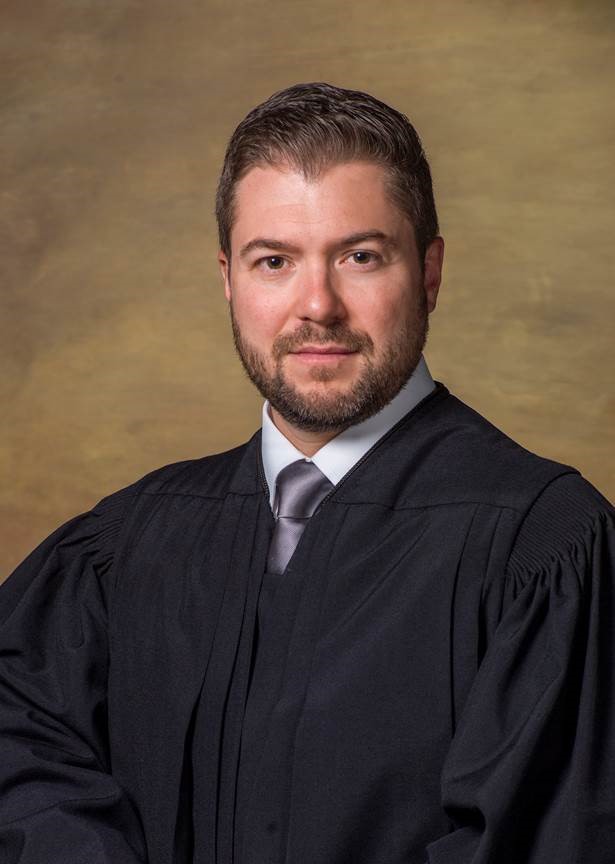
Saying the quiet part out loud, William S. Stickman IV, a conservative 2019 appointee to the bench of the Western District of Pennsylvania, citing substantive due process, declares unconstitutional Pennsylvania Governor Thomas Wolf's pandemic-related restrictions on indoor church gatherings. Judge Stickman, a conservative Catholic, says that he has been "guided" by Constitutional principles to declare
(1) that the congregate gathering limits imposed by Defendants' mitigation orders violate the right of assembly enshrined in the First Amendment; (2) that the stay-at-home and business closure components of Defendants' orders violate the Due Process Clause of the Fourteenth Amendment; and (3) that the business closure components of Defendants' orders violate the Equal Protection Clause of the Fourteenth Amendment.
Our Constitution principally entrusts “[t]he safety and the health of the people” to the politically ac-countable officials of the States “to guard and protect.” Jacobson v. Massachusetts, 197 U. S. 11 (1905). When those officials “undertake[ ] to act in areas fraught with medical and scientific uncertainties,” their latitude “must be especially broad.” Marshall v. United States, 414 U. S. 417 (1974). Where those broad limits are not exceeded, they should not be subject to second-guessing by an “unelected federal judiciary,” which lacks the background, competence, and expertise to assess public health and is not accountable to the people.
Lochner v. New York, 198 U.S. 45 (1905), was considerably recalibrated and de-emphasized by the New Deal Supreme Court and later jurisprudence. Nevertheless, our Supreme Court has never repudiated the recognition that a citizen has the right to work for a living and pursue his or her chosen occupation. The Third Circuit has recognized "[t]he right to hold specific private employment and to follow a chosen profession free from umeasonable governmental interference comes within both the 'liberty' and the 'property' concepts of the Fifth and Fourteenth Amendments." Piecknick v. Comm. of Pa., 36 F.3d 1250, 1259 (3d. Cir. 1994) (citing Green v. McElroy, 360 U.S. 474, 492 (1959); Truax, 239 U.S. at 41). However, [t]he Constitution only protects this liberty from state actions that threaten to deprive persons of the right to pursue their chosen occupation. State actions that exclude a person from one particular job are not actionable in suits ... brought directly under the due process clause. It is the liberty to pursue a calling or occupation, and not the right to a specific job, that is secured by the fourteenth Amendment.
Despite the fact that as he swore before Congress that he is not a member of the Federalist Society Judge Stickman has doubtless vaulted into stardom. His emergency powers hobbled, the Governor is sure to appeal to the Third Circuit. There judges more likely to heed the 5-4 South Bay United majority will presumably stay the young judge's order.
- GWC
No comments:
Post a Comment